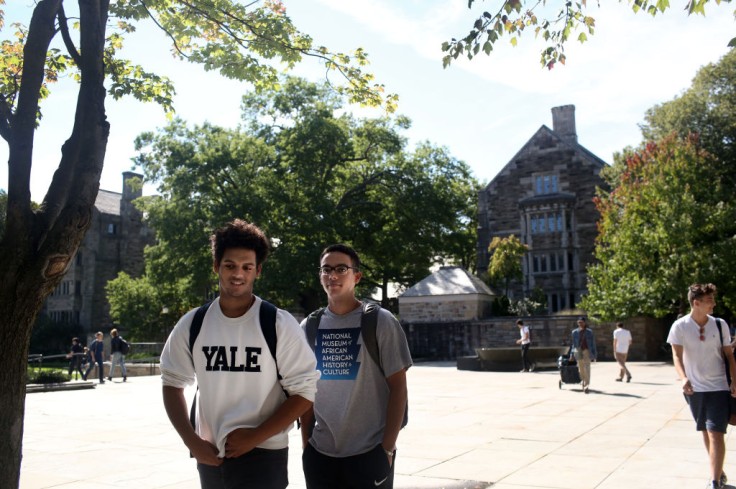
Yale University officially settles landmark lawsuit alleging mental health discrimination against students.
The lawsuit accused the prestigious Ivy League institution of discriminatory practices against students grappling with mental health challenges.
Yale University Settles Landmark Ruling
On Friday, both parties announced the settlement, revealing that Yale University would introduce a slew of modifications to its medical leave policies.
One such amendment involves simplifying the reinstatement process for returning students. For years, students have hesitated to take medical leaves, fearing the complexities of the reinstatement process.
This has, in particular, been a point of contention for students who desperately needed mental health breaks.
Rishi Mirchandani, a 2019 Yale graduate and a co-founder of Elis for Rachael - the group behind the lawsuit, hailed the settlement as a "watershed moment" for both Yale University and mental health advocacy.
This organization was founded to provide support to students navigating mental health issues, and it draws inspiration from a tragic event involving a Yale student who lost her life to suicide.
Yale University's Mental Health Discrimination Against Students
The lawsuit that Yale University is facing alleges mental health discrimination against students, with claims suggesting that the Ivy League school has been pressuring certain students to leave due to their mental health challenges.
Furthermore, those who attempt to return encounter disproportionate obstacles.
This landmark lawsuit, initiated in the U.S. District Court in Connecticut, represents both current and past students of Yale.
Notably, the plaintiffs aren't seeking financial compensation.
Instead, they are calling for substantial revisions to Yale's existing withdrawal policies, emphasizing the forced relinquishment of health benefits and tuition fees among several regulations.
The lawsuit asserts that the university's current withdrawal and reinstatement procedures alienate students with mental health disabilities from the Yale community, impose harsh penalties on those who opt for withdrawal, and set up undue challenges for those wishing to return, particularly impacting students from less affluent backgrounds.
Key Changes to Yale's Policies in Academic Medical Leave
The joint statement from Elis for Rachael and Yale University, released this past Friday, emphasized the commitment to resolve a lawsuit filed last November in federal district court related to policies and practices impacting students with mental health disabilities.
Under the settlement's terms, Yale University will make an unprecedented move to permit students with urgent medical needs to pursue part-time studies. This accommodation also comes with a 50% tuition reduction, if granted at the onset of a new term.
The Dean of Yale College, Pericles Lewis, expressed satisfaction with the settlement's outcome, underscoring the valuable contributions from both students and alumni.
In an earlier letter to Yale alumni, President Peter Salovey acknowledged the rising demand for mental health services in academic settings, especially heightened by the pandemic.
However, Elis for Rachael advocates felt that more comprehensive changes were necessary.
As part of the settlement, the length of a student's medical leave will now rely on a clinical assessment, allowing students the flexibility to take the duration of leave they genuinely require.